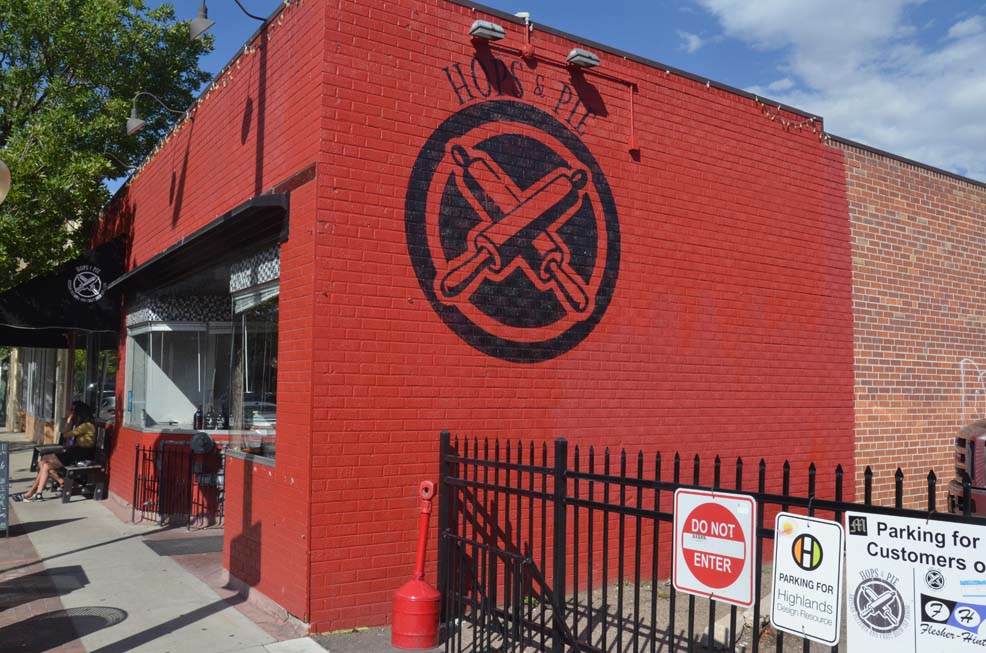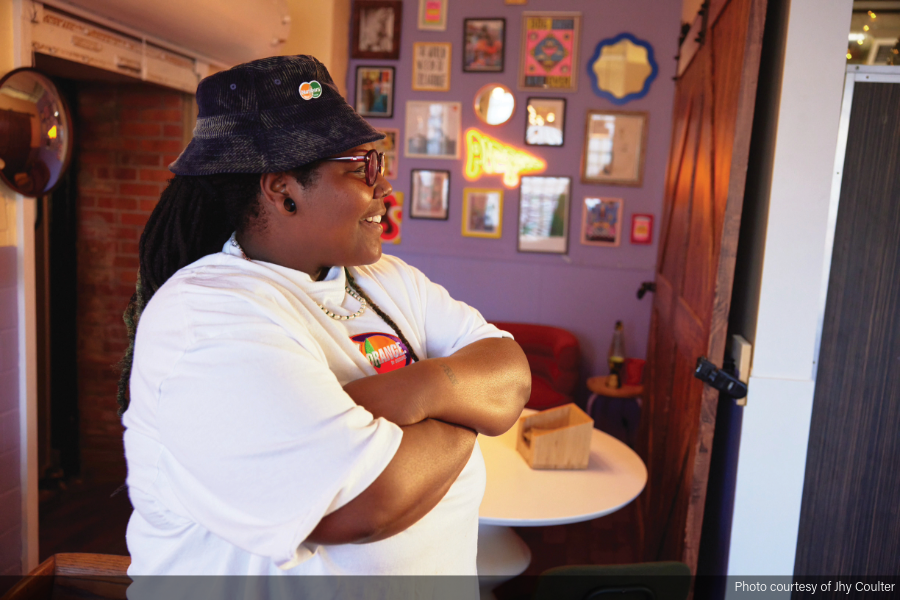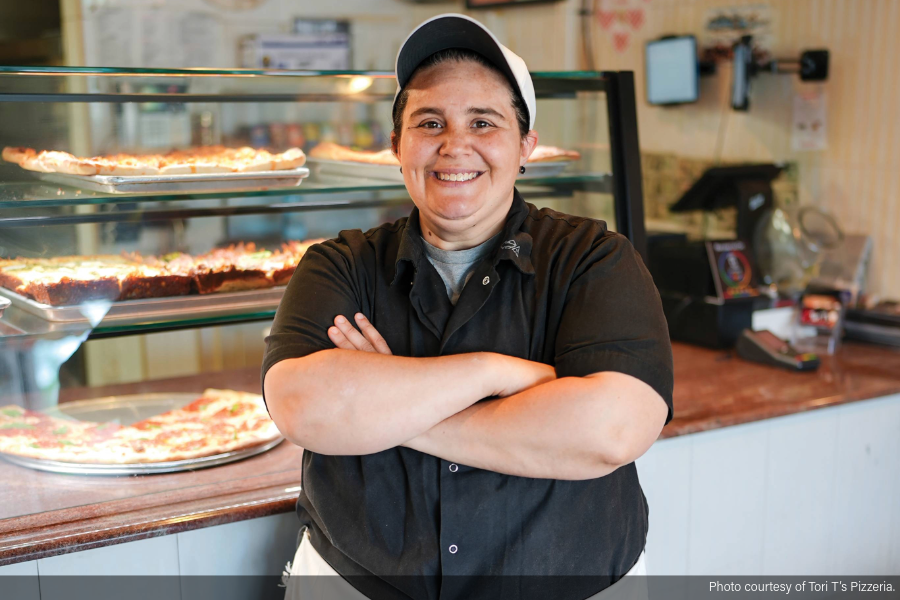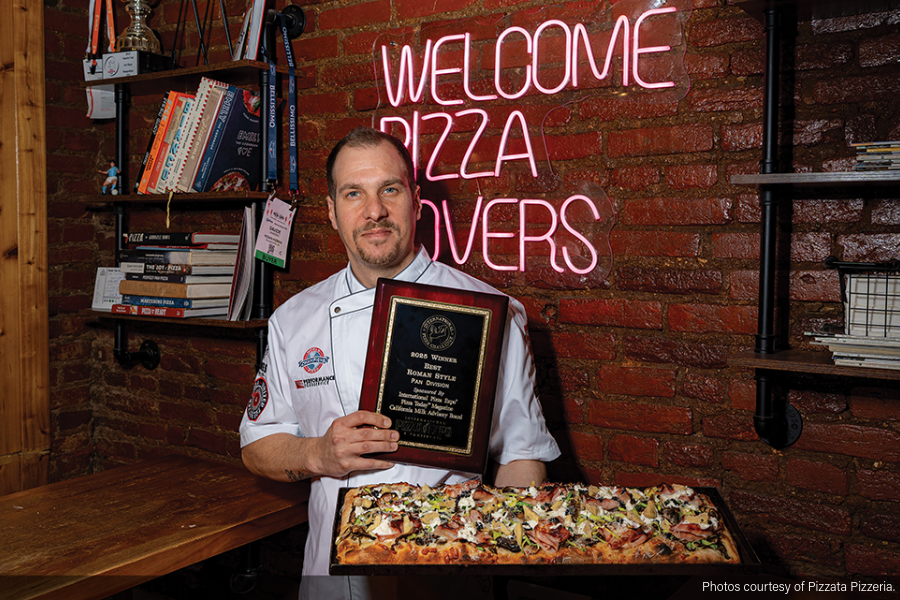Negotiating your commercial lease renewal

It’s finally arrived…your restaurant’s renewal notice date. A date you, hopefully, circled years ago to ensure you negotiate and renew your commercial lease at the proper time. Although you may have gone through this process before, did you use the best negotiation tactics or top resources, like a commercial real estate broker or tenant representative, whose knowledge would’ve helped you seal your ideal contract?
It sounds like additional work, but negotiating your commercial lease renewal could be a difference-maker in your business’ future. “The benefit of negotiating as a restaurant owner is the value of my business,” says Aaron Tofani, co-founder and co-owner of Rance’s Chicago Pizza. “If you ever want to sell, having more lease term is control because you can sell with a guaranteed term, and the buyer has time to recoup their investment.”
Negotiating to stay at your location not only keeps your restaurant open, but helps you stay within your financial limits. Also, after a three-, five-, or 10-year span under the same contract, there may be many items that need to be addressed. “If you’ve been a good tenant and paying your rent, you can renegotiate getting your security deposit back, a lower rate if the market is low, some tenant improvement or some free rent,” explains Nathan Smith, a commercial real estate advisor at Austin Tenant Advisors.
And paying on time and in full is key, as it gives you leverage when negotiating. Plus, if you didn’t renew, your landlord would have to pay for down time, tenant improvement allowances and likely the commission of a broker in order to acquire a new tenant. By spelling out the economics of the situation, they’ll realize they’re better off keeping you than having a vacancy.
If you offer delivery, reviewing your loyal customer base and what zip codes they’re coming from is crucial. A zip code analysis might uncover that a majority of calls are originating from customers who reside at the edge of your delivery zone, and it may make more sense to relocate than negotiate to renew.
After you’ve analyzed your business and decided it makes sense to stay at your location, how do you negotiate your commercial lease renewal? “Start (the process) about a year in advance, gather as much market information as you can, hire a knowledgeable real estate agent and understand what your cost of a build-out would be if you must relocate,” says Mark Chase, president of Restaurant Real Estate Advisors.
One of the biggest mistakes you can make as a restaurant owner is waiting until the last minute. You need to know ahead of time if there’s a better option. Maybe your space used to be the only one available, but now your ideal space is ready to be leased. Being reactive never gets the best deal, but proactive thinking, meaning you have time and a broker on your side, gets you the lease you want.
“Your broker should be like a business partner looking out for your interests,” says Dave Burggraaf, retail commercial real estate broker at Retail Solutions. “Find a broker with retail experience because they’ll have relationships with landlord representatives and landlords, and know the ins and outs of restaurants.” Utilizing a commercial real estate broker taps you into their critical market knowledge while also offering a negotiation buffer between you and your landlord. They’ll know to focus on items that would be addressed for a new tenant, like an updated HVAC system or dedicated parking spaces, in an amicable way as well as look into perks like a pizza restaurant exclusive clause.
With your trustworthy agent’s local market knowledge, you go to the negotiation table with facts as well as reasons why you’re asking for fixes. “Once you’ve looked at the market, you’ve armed yourself with knowledge of what you can negotiate,” says Smith. “At the end of the day, you don’t want to move; you want the best deal possible.” Performing your due diligence, like analyzing base rent, concessions and operating expenses at other retail spaces, lets you know if you’re signing the best deal possible.
“The more leverage you have, the better. Understanding your options, like if there are spaces nearby you could move to, you’re going to have a better chance of the landlord seeing things your way,” says Burggraaf. Create competition between landlords by bringing accepted letters of intent to the negotiating table. Also, beginning talks with other landlords provides you with options if you’re forced to move.
If you become overzealous on terms or ask for more than the landlord’s willing to give, what should you do if the negotiation turns sour? If you’ve secured letters of intent from other landlords, at a minimum, you have fallback locations. “If they have other options, and it makes economic sense to move, they can go down that path,” explains Chase. “Otherwise, they probably have to give in to some terms to stay at their existing location.” He believes that although there are landlords who think their property is worth more than it is, pizza restaurant owners need to understand the market before they negotiate too hard on unrealistic terms.
“To prevent things from going south, start early, explore other options, and let the landlord know, then they’re more cooperative,” Tofani says. If you didn’t start at least a year in advance or look into other locations, your options are few and far between. You can accept your current landlord’s terms, or rush to find a new space, spend several months building it out, and then start up your business again. Ideally, try to be the best tenant possible, like paying rent in full and on time, and maintain a friendly relationship with your landlord where you’re open about any issues to avoid negotiation hiccups.
Mandy Ellis is an Austin-based freelance writer who covers food, health and travel trends.







